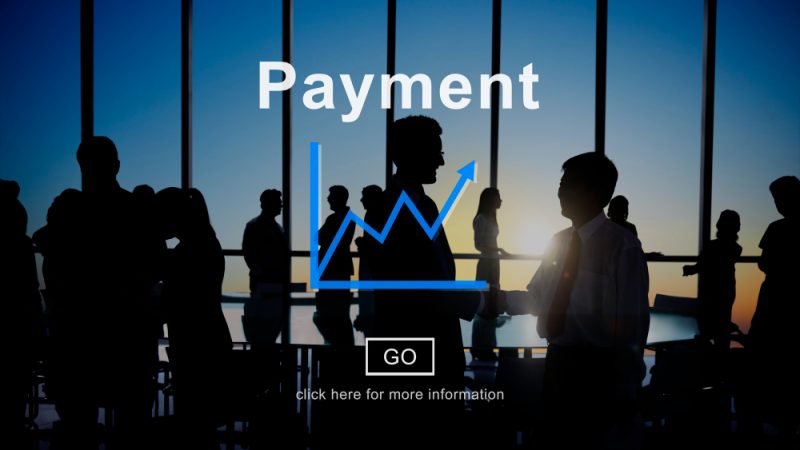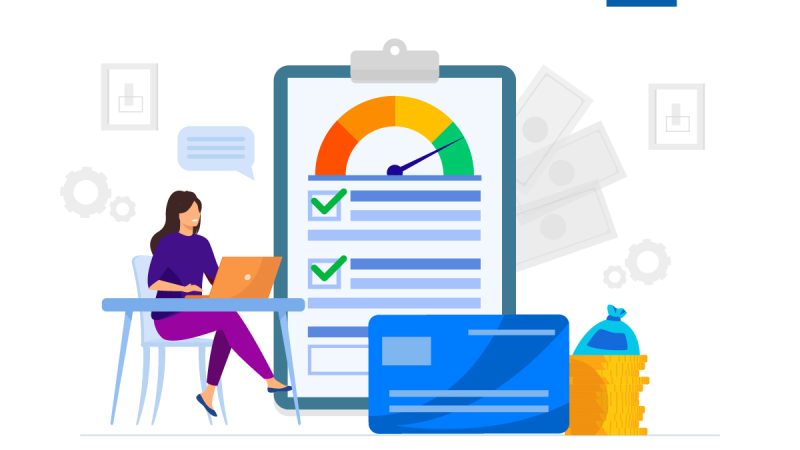5 Ways to Consolidate Credit Card Debt

The credit card has been a boon to the financial infrastructure of Canada. Consumers can use a credit card to earn cashback, discount coupons, and vouchers. You can also use a credit card if you need emergency cash at any time. Additionally, they can also help increase your credit limit to make way for future purchases like cars and properties. However, using a credit card comes with its fair share of risks.
At times, you may get stuck with multiple credit card bills. This can lead you to financial jeopardy if not managed well. So you must have a plan in place to pay out the debts quickly.
In this article, we will explore some of the simplest ways to consolidate your credit card debt. If you are looking for consolidation loans in Windsor, check this website.
How to consolidate your credit card debt?
Here are some of the easiest methods you can adapt to consolidate your debt.
1. Credit card balance transfer
This is a simple strategy for combining multiple credit card balances into a single balance. So it becomes easier to track a single monthly payment and a due date. Open credit card companies introduce offers that allow customers to transfer old credit card dues to a new interest-free credit card. Thus, borrowers do not need to pay interest on the zero interest credit card for up to 18 months. These strategies usually come with low APR, saving a lot on the total interest rate.
2. Credit card consolidation loan
You can opt for an unsecured personal loan from a bank, online money lenders, or credit card unions to settle your credit card balance and other debt. With this loan, you will be able to secure lower interest rates than your credit card.
Credit unions offer borrowers flexible loans at competitive interest rates. The maximum APR that can be charged at a Federal Credit Union is about 18%. Banks and financial institutions also offer low-interest charges for borrowers with higher credit scores and good payment history. Most banks and financial institutions offer multiple benefits and discounts for their existing customers, including discounted rates and larger loan amounts.
On the other hand, online money lenders allow borrowers to qualify for this loan without affecting their overall credit score. If you are already eligible for the loan, you can preview the rate of interest, the maximum loan amount that can be allotted, and the time duration of the loan.
Advantages
- Low-interest rates for people with good credit score
- Some money lenders also offer direct payment to creditors
- There is a fixed interest rate. Therefore your monthly instalments will not vary.
Disadvantages
- You have to be a member to get a loan from a credit union
- People with low credit scores are not eligible
- You might need to pay an origination fee
3. Home equity loan or line of credit
If you own valuable property, you may use it as collateral to avail a home loan or line of credit. You can get the loan on the equity of your property and then use the amount to clear any existing dues, balances, and other debts.
With a home equity loan, you can get a large amount of money at a fixed interest rate. On the other hand, you can also apply for HELOC, where you only have to pay the interest during the draw period (which is a maximum of 10 years).
Your property secures these loans, and therefore money lenders and financial institutions will offer a lower rate as compared to personal loans or balance transfer credit cards. However, there is a risk of losing your property if, by any chance, you cannot continue the monthly payments.
Advantages
- Much lower interest as compared to other types of loans
- As the payment period is long, the monthly instalments are comparatively lower
- You do not need to have a good credit score to qualify for the loan
Disadvantages
- As the loan is secured by your property, which is one of the most valuable assets you own, you can lose it entirely if you do not pay the instalments.
- You need to have good equity in your home to qualify for the loan. Therefore properties with additional value are always preferred.
4. Debt management plan
This is one of the most popular credit card debt consolidation methods. With a debt management plan, you can combine more than one debt into a single monthly payment. A big advantage of this method is the monthly payments are available at a lower interest rate. It is suitable for applicants who are facing issues clearing off their credit card balances and debts but cannot qualify for other loans due to a low credit score.
Advantages
- Will not harm your credit score
- There are fixed monthly payments
- The interest rates are low
Disadvantages
- It might take you about five years to completely pay off the debt
- You may need to pay charges like an origination fee and a monthly fee
5. 401(k) loan
Consider this option as a last resort if you have ruled out the other methods and other types of loans. A 401(k) loan will significantly impact your retirement funds. A huge advantage of this loan is that it will not show up in your credit report. Therefore your credit score will not be affected. Moreover, keep in mind that you will be using your retirement fund to pay off a current date. This will leave you with inadequate funds for your retirement.
Advantages
- Will not damage your credit score
- Low-interest rates as compared to personal loans
Disadvantages
- If you leave the job or lose it, you will be given a maximum time duration of 2-3 months to pay back the loan.
- Your retirement fund will be reduced.
- If you cannot pay back the loan in time, you will be charged heavy penalties.
Endnote
In the end, you have multiple options to consolidate your credit card debt, but it depends on your financial condition. You must evaluate each of these methods carefully and ensure that you can afford these shortcuts.
It is best to consult a financial professional who will help you assess the situation and your debt-paying capabilities to choose the most suitable option.






